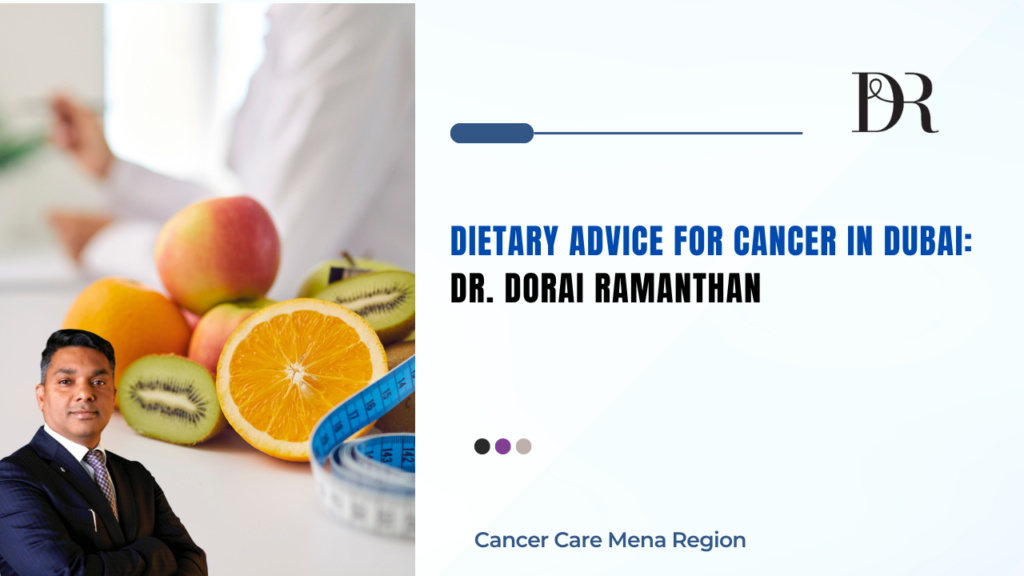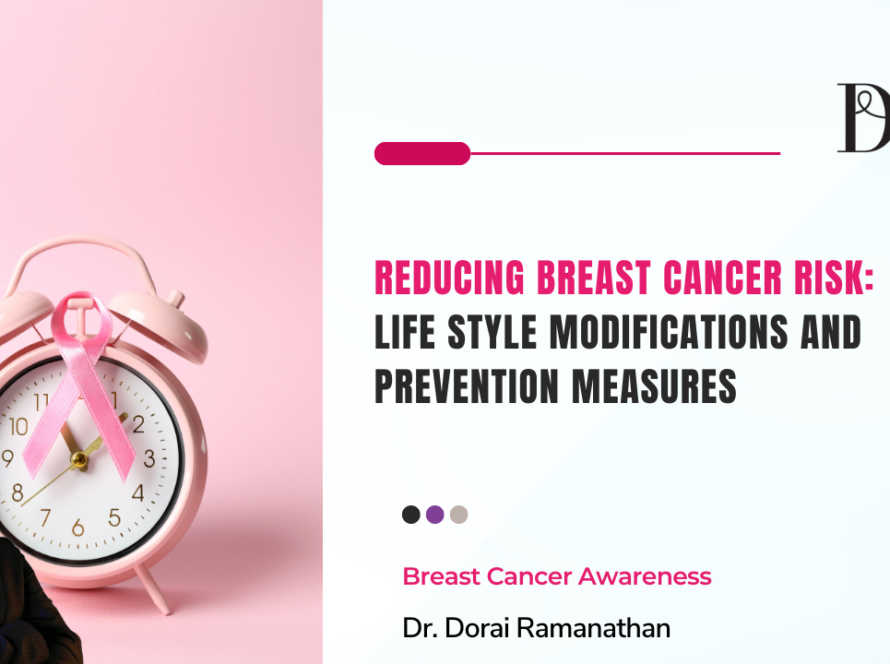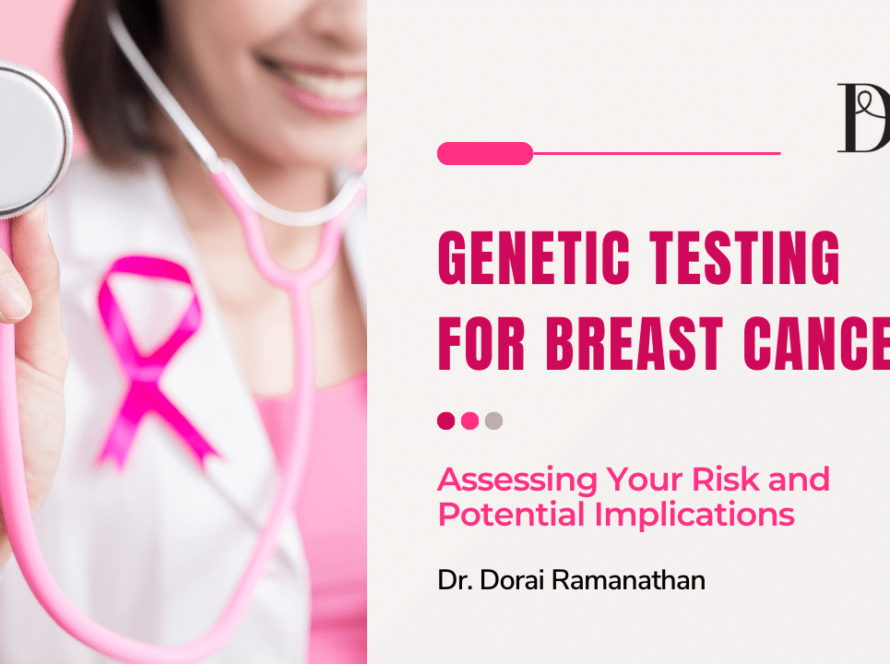
As a cancer specialist in Dubai, I meet patients and survivors who often underestimate the role of nutrition in their cancer journey. Whether you’re just beginning treatment or are in remission, your dietary choices can significantly influence your treatment outcomes, immune resilience, and emotional strength.
This guide aims to simplify the science-backed nutrition recommendations tailored specifically for cancer patients in the UAE, blending global research with local dietary habits and availability.
Nutrition Before Cancer Treatment
Preparing your body before starting chemotherapy, radiation, or surgery can make a meaningful difference in how well you tolerate and respond to treatment.
What to Focus On:
- Boost Protein Intake: Include lean meats, lentils, eggs, Greek yogurt, and tofu. Protein aids in cell repair and immune strength.
- Hydration: Aim for 2-3 liters of water daily. Consider adding oral rehydration solutions or coconut water during hot Dubai summers.
- Antioxidant-Rich Foods: Berries, tomatoes, carrots, and leafy greens help fight inflammation and oxidative stress.
Avoid:
- Highly processed foods
- Excess caffeine and sugar
- Alcohol (unless approved by your oncologist)
Expert Insight: A well-nourished body responds more effectively to cancer treatment and reduces the risk of infection or treatment delays.
Nutrition During Cancer Treatment
Treatment often brings side effects like nausea, fatigue, or taste changes. Adjusting your diet can help manage these challenges.
Tips Based on Side Effects:
- Nausea or Vomiting: Stick to bland foods like toast, rice, bananas. Ginger tea can help.
- Loss of Appetite: Eat small meals more frequently. Nutrient-dense smoothies are a good solution.
- Mouth Sores: Avoid spicy and citrus foods; switch to soft-textured items like oatmeal and mashed vegetables.
Supplements
Speak to your oncologist or a clinical dietitian before adding multivitamins or herbal products.
Research from the ESPEN Expert Group emphasizes early nutritional interventions to prevent malnutrition during cancer therapy.
Nutrition After Treatment
Recovery doesn’t stop at the last dose of chemotherapy or radiation. A post-treatment diet helps rebuild tissues, improve energy levels, and reduce recurrence risk.
Ideal Post-Treatment Plate:
- Half Plate: Colorful vegetables and fruits
- Quarter Plate: Lean proteins (fish, chicken, legumes)
- Quarter Plate: Whole grains like quinoa, brown rice
Include:
- Probiotics: Yogurt, kefir, fermented vegetables to restore gut healt
- Healthy Fats: Olive oil, avocado, nuts
According to a systematic review, balanced diets high in fiber and plant-based foods are linked to better survival among cancer survivors.
Cancer Nutrition in Dubai: Local Tips
Dubai offers a rich blend of traditional and modern foods, but navigating this mix during treatment can be tricky.
Culturally Relevant Suggestions:
- Opt for grilled kebabs instead of deep-fried snacks
- Include Arabic lentil soups for comfort and nutrition
- Swap sugary karak tea with green tea or herbal blends
During Ramadan or summer months, consult your doctor if fasting or meal timing adjustments are needed.

Lifestyle Tips for Holistic Wellness
Nutrition is only one piece of the puzzle. For optimal outcomes, integrate the following:
- Regular gentle movement (walking, yoga, stretching)
- Stress reduction via mindfulness or support groups
- Consistent sleep routine for cellular repair
Emotional support and a positive mindset are just as important as your medication.
Final Thoughts from a Dubai Oncologist
There is no one-size-fits-all diet in cancer care. Your nutritional needs evolve throughout diagnosis, treatment, and recovery.
As the best oncologist in Dubai, my recommendation is to consult a registered clinical dietitian familiar with cancer nutrition. Make each meal an opportunity to heal, energize, and nourish your future.
Remember: Your fork is a tool for resilience.
References:
- Rock, C. L., et al. (2012). Nutrition and physical activity guidelines for cancer survivors. CA: A Cancer Journal for Clinicians.
- Arends, J., et al. (2017). ESPEN expert group recommendations for action against cancer-related malnutrition. Clinical Nutrition.
- Laviano, A., et al. (2020). Personalized nutrition in cancer patients. AJCN.
- Zhang, F. F., et al. (2020). Dietary patterns and survival among cancer patients: a systematic review. Cancer Causes & Control.
- World Cancer Research Fund / AICR. Diet, Nutrition, Physical Activity and Cancer



